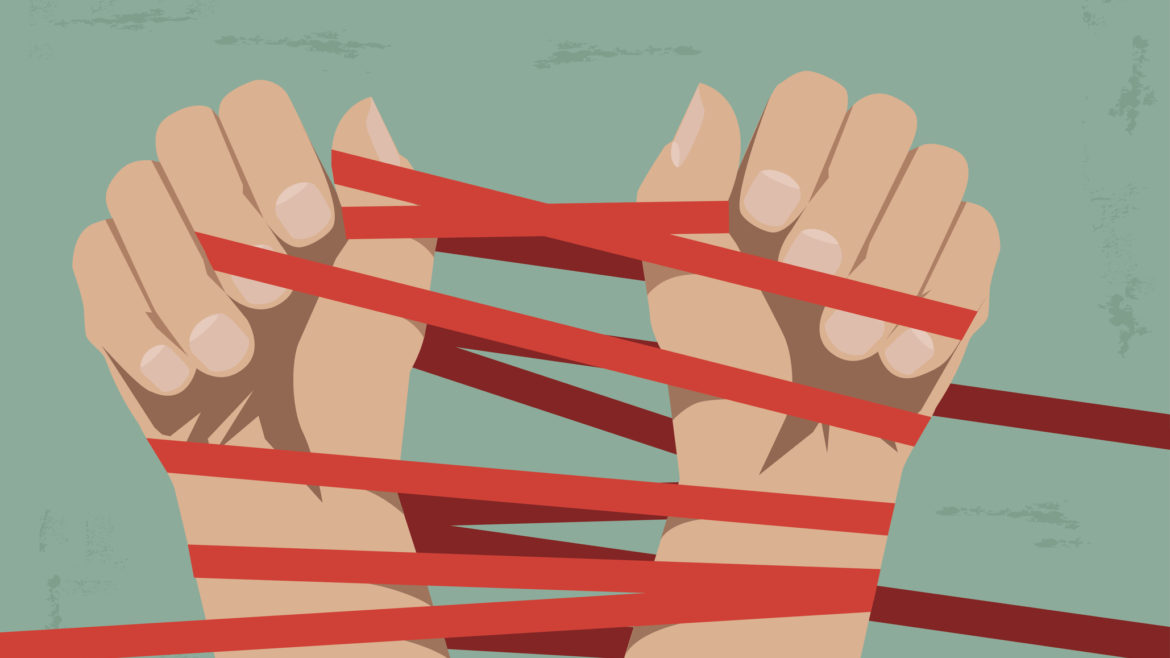When adopting new technologies, progress can often be slow going, with many hoops, delays, and hurdles to jump over. But when faced with unprecedented circumstances, it seems as though those hoops magically disappear. Now, if you’re like me, you are beyond sick and tired of everything you read being either about or related to COVID-19. I promised myself I wouldn’t go there, but I do have to go as far as to note the silver linings behind the coronavirus pandemic.
Just as the tragic events of 9/11 resulted in rapid changes such as creating laws supporting the Check 21 act and the eSIGN act, COVID-19 has its own silver linings so to speak. Beyond teaching millions of people to wash their hands (which I must admit I’m skeptical will stick), millions of people also learned to embrace electronic documents and figured out on the fly how to work remotely and get business done. Unfortunately, it took a pandemic to move some people off center, but I am convinced we have passed a watershed moment and these same folks will not return to old ways when this is over.
So long, red tape
So exactly what changed? A lot! Previously, I wrote an article regarding eNotarization where I explained how as a country, we were slowly edging toward doing business more and more remotely with eNotaries and remote notaries – like sticking a toe in the water. Then, along came COVID-19 and SPLASH! We’re no longer simply dipping a toe in, we’ve jumped head first into the water. Let’s just look at my home state of Michigan, which I’m sure is not unique. During our state of emergency, Governor Whitmer feverishly went to work writing executive orders so fast one could not keep up with them all. In fact, many snuck right by, like this small excerpt from the order dated May 6, 2020 at 11:59 PM that reads…
“…Any law of this state requiring an individual to appear personally before or be in the presence of either a notary at the time of a notarization or a witness at the time of attestation or acknowledgment shall be satisfied if the individual, the witness(es), and/or the notary are not in the physical presence of each other but can communicate simultaneously by sight and sound via two-way real-time audiovisual technology at the time of the notarization, attestation, or acknowledgment….”
Wow! With the simple stroke of a pen we dispensed with all the red tape and said technologies such as Zoom are now good enough for remote notarization (with caveats of course). This was just the tip of the iceberg in this order, it further goes on to flat out encourage eSigning and also states refusal to register a deed cannot be simply because the signature is electronic and not an “original signature,” which until now has not been the case.
The progress train only goes forward
Now, we all get that these are extraordinary times, and surely this is all temporary, right? Don’t bet on it. Once you give candy to a baby, good luck getting it back. I fully expect now that people have seen the light regarding just how simple electronic documents, signatures, and notaries can be, they will not want to go back to their old processes. Legislation making some of this permanent will be a priority. Besides, it will mitigate future pandemics through the remote process and will “pandemic-proof” businesses, if that is such a thing. I also suspect it will gain large amounts of support as people realize it is more economical, more efficient, and more convenient to members.
Only time will tell if my prediction is accurate. I’m sure this will not be a wholesale migration and abandonment of previous law and process, but I do predict forward momentum as a silver lining to this horrible virus.

































































